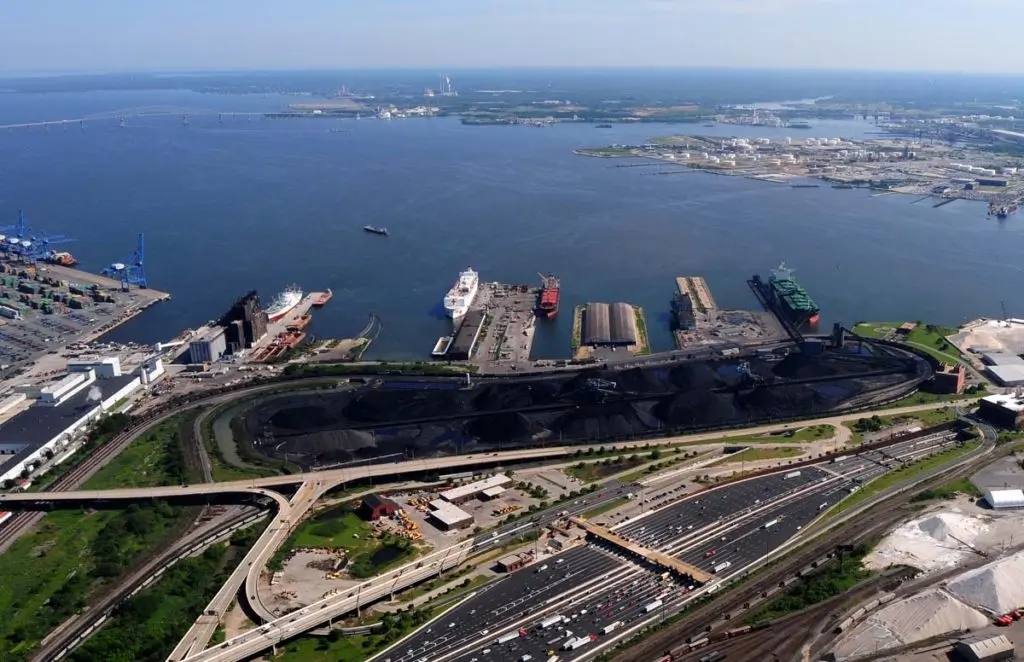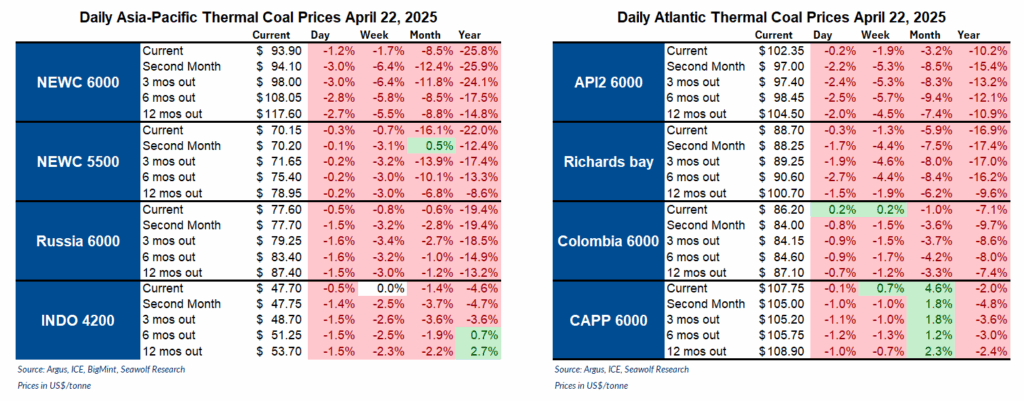The looming threat of a strike by the International Longshoremen’s Association (ILA) on 1 October has raised concerns across various industries reliant on U.S. port operations. As President Joe Biden faces growing pressure from members of Congress to intervene, the focus has shifted to how such a strike could disrupt critical supply chains. While containerships would likely face significant backlogs at U.S. Gulf and East Coast ports, commodities like coal may see minimal impact.
The ILA strike is expected to disrupt operations primarily in the containership sector. Maersk, a leading containership owner, warned that delays would compound daily if the strike were to proceed. However, oil, gas, and dry bulk cargo operations, including coal, are likely to continue relatively unhindered. This is largely because these cargoes are processed at privately owned terminals that are not required to employ unionized labor.
Coal exports, along with other bulk commodities like petroleum coke and grains, typically flow through private terminals not directly affected by ILA labor disputes. In Houston, ILA members are only involved in containership, vehicle carrier, and breakbulk operations. Coal, petroleum coke, and other bulk commodities are handled separately, outside of the union’s purview. Additionally, midstream companies such as Kinder Morgan, which owns numerous liquid and bulk terminals along the Gulf and East coasts, do not anticipate any disruptions to their operations in the event of a strike, while other east coast port owners and operators expressed similar sentiments.
In summary, while a strike could significantly disrupt containership operations, the coal industry and other dry bulk commodities are likely to avoid the worst of the fallout. This insulation provides some reassurance to industries dependent on the steady flow of these materials. However, the potential economic consequences of a protracted strike underscore the need for a swift resolution to the contract negotiations.
Source: The Coal Trader









